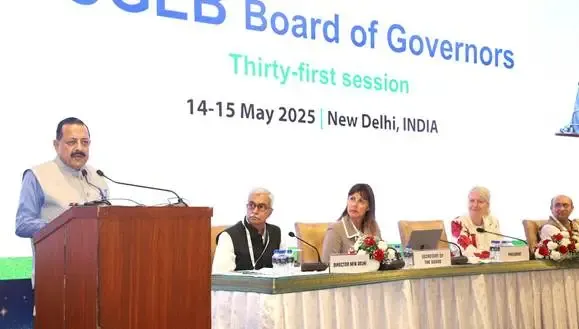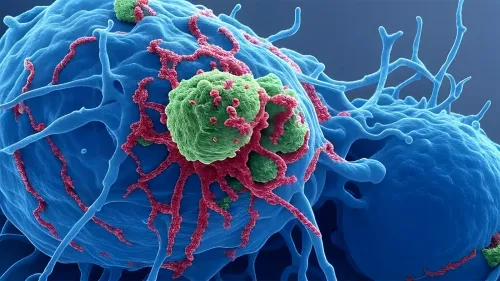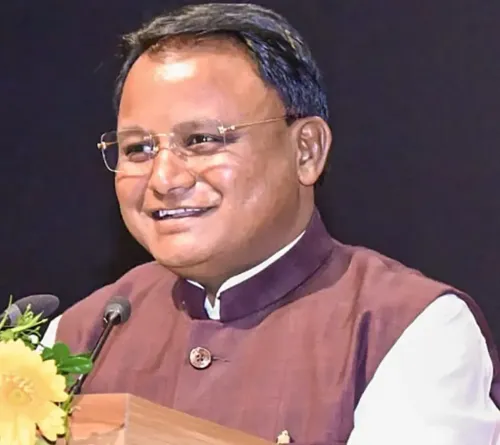Can India’s Bioeconomy Really Hit $300 Billion by 2030?

Synopsis
Key Takeaways
- India's bioeconomy is projected to reach $300 billion by 2030.
- Over 10,000 biotech startups have emerged in recent years.
- India ranks 12th globally in biotechnology.
- The BioE3 Policy promotes biomanufacturing.
- ICGEB plays a crucial role in biotechnology development.
New Delhi, May 14 (NationPress) India’s bioeconomy has experienced a phenomenal increase under the leadership of Prime Minister Narendra Modi, soaring from $10 billion in 2014 to $165.7 billion in 2024, with aspirations to reach $300 billion by 2030, stated Union Minister Dr. Jitendra Singh on Wednesday.
According to Dr. Singh, India is strategically positioned at this pivotal moment, benefiting from a robust political framework conducive to spearheading a new global biotechnology revolution. He made these remarks during the board meeting of governors at the International Centre for Genetic Engineering and Biotechnology (ICGEB).
The minister emphasized that India is emerging as a significant global biotech hub, making this an ideal forum for discussions when the nation has so much to offer to the international community.
On this noteworthy occasion, he inaugurated India’s inaugural public-funded DST-ICGEB ‘Bio-foundry’. ICGEB includes 69 member countries and plays a crucial role in the advancement of biotechnology for sustainable global development through research, training, and technology transfer.
Dr. Singh highlighted the remarkable strides India has made in the biotechnology sector.
Currently, India ranks 12th worldwide in biotechnology and holds the third position in the Asia-Pacific region. The nation has become the world’s leading vaccine producer and boasts the third-largest startup ecosystem globally.
The impressive growth is reflected in the surge of biotech startups, which have increased from merely 50 in 2014 to over 10,000 in 2024.
Reflecting on the achievements of Mission COVID Suraksha, Dr. Singh pointed to the development of the world’s first DNA-based vaccine. He proudly declared that India shared these vaccines with the globe under the Vaccine Maitri initiative, demonstrating its dedication to global health equity.
Furthermore, Dr. Singh highlighted the development of India’s first indigenous generation antibiotic for monotherapy in bacterial pneumonia, Nafithromycin, which received backing from DBT-BIRAC. He also mentioned the creation of diagnostic kits for Dengue and HIV.
Stressing the national significance of biomanufacturing, he praised the BioE3 Policy, which was approved by the Union Cabinet in August 2024, as a transformative move to cultivate a resilient ecosystem for bio-based products and foster high-performance biomanufacturing.










